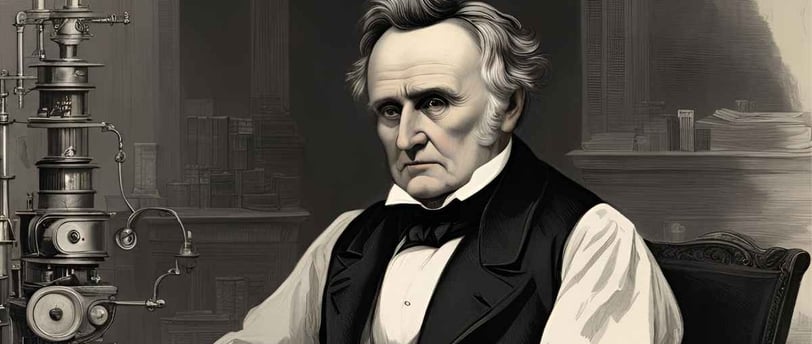Charles Babbage (1791-1871)
English mathematician and inventor who made significant contributions to cryptography. He is best known for breaking the Vigenère cipher, an autokey cipher, during the Crimean War in the 1850s


Charles Babbage, born on December 26, 1791, at 44 Crosby Row, Walworth Road, London, England, was an English mathematician and inventor. He is often referred to as the "Father of Computing" due to his groundbreaking designs for the Difference Engine and the Analytical Engine, which laid the foundation for modern computers.
For his education, Babbage attended several prestigious institutions, including King Edward VI Grammar School in Totnes, Devon, Holmwood Academy in Enfield, Middlesex, Trinity College, Cambridge in 1810, and later transferred to Peterhouse, Cambridge, where he graduated in 1814.
Babbage's contributions to cryptography were also significant. During the Crimean War in the 1850s, he successfully broke the Vigenère cipher, an autokey cipher previously thought to be unbreakable. This achievement showcased his analytical prowess and advanced the field of cryptanalysis. Although his work was kept secret by the military at the time, and Friedrich Kasiski later received credit for deciphering it, Babbage's contributions remain a notable part of cryptographic history.
